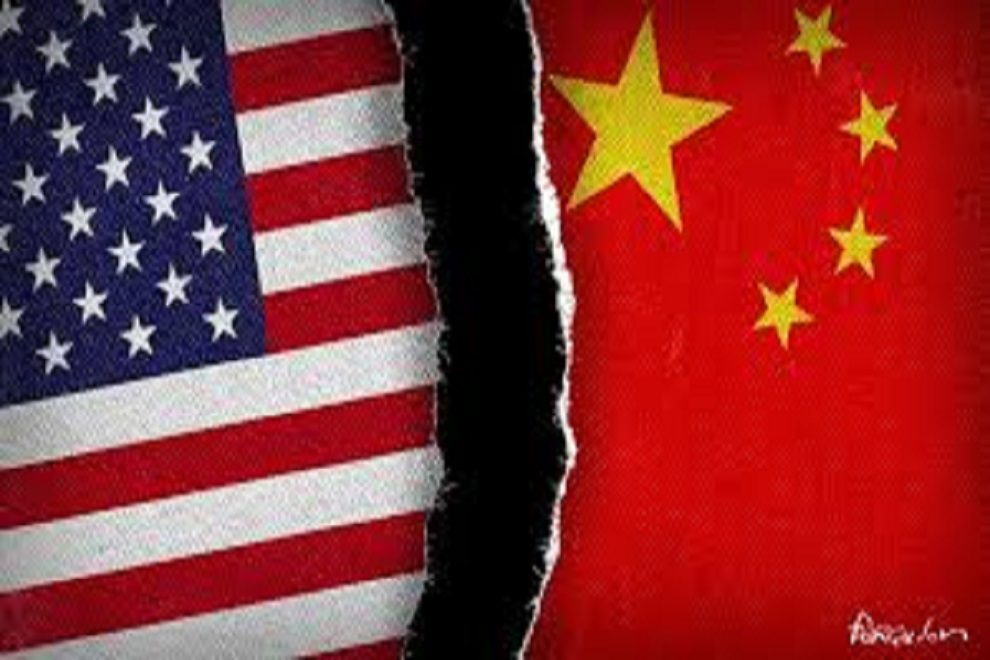Khalid Athar
While the aftermath of the US presidential elections continues to unfold, many foreign leaders are appealing for US President-elect Joe Biden’s attention. Some are certainly hoping to enhance relationships and restore norms that shifted under the outgoing President.
One of the most significant of these relationships is between the US and China. China may have been one of the last major nations to acknowledge Joe Biden’s victory in the presidential race, yet there is no other single global relationship where greater opportunity exists for a warming of ties. From trade tariffs to diplomatic disputes, the last four years have had their sour points.
The US restrictions placed on Chinese tech companies have perhaps been the most high-profile clash of the past few years. It has affected all of us in the Middle East and beyond, both in subtle and direct ways. Access to chipsets, mobile app stores, and 5G infrastructure has been recognized as critical to developing more productive, efficient, and sustainable economies. The outgoing Administration has generally chosen to stifle US trade with China on these critical technologies. Nevertheless, it’s battling against companies like Huawei, TikTok, and WeChat have not resulted in an ideal outcome.
Numerous analysts—and even politicians such as US Attorney General William Barr and former US House Speaker Newt Gingrich—have alluded to the US conflict with Chinese tech brands as being more about US dominance rather than fact-based cybersecurity concerns. Gingrich pointed out in his book Trump vs. China: Facing America’s Greatest Threat that the heart of this geostrategic contest has been education and research. According to Gingrich, it is also not China’s fault that the US fell behind in math and science education, or that “old, bureaucratic” American telecommunications companies had failed to develop a global strategy for 5G when China was doing so.
More recently, Daniel Gros, Director of the Centre for European Policy Studies, reinforced the view that the true driver of China’s success is its high savings rate – more than twice the rate in the US and Europe. Gros asserts that this gives China massive resources for investment in establishing the fundamentals for technological leadership, notably in improving both the quantity and quality of education[1].
“When Biden takes office, tech companies in China might be relieved,” notes Fang Xingdong, director of the Consortium of Internet and Society at the Communication University of Zhejiang[2]. “At least, the United States is supposed to re-advocate openness, re-respect fair competition, and re-advocate innovation.”
Whether that comes to pass is still too early to tell. Nonetheless, as Gros highlighted recently, the next US administration may accept China’s continued economic and technological rise.
[1] https://www.project-syndicate.org/commentary/us-china-competition-high-tech-sectors-by-daniel-gros-2020-11












